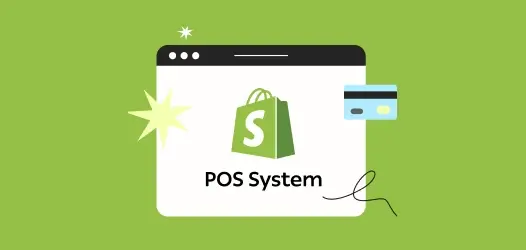Table of Content

WhatsApp Business Platform Policy and Terms of Use
The number one rule for WhatsApp is that the customer is king.
That's why WhatsApp set many regulations to keep the channel spam free and regulate how businesses can communicate with clients using the channel.
Today's post will explain the rules and policies that apply to the WhatsApp Business Platform.
1- WhatsApp is a First-Class Customer Service Platform
It means that WhatsApp regulates when and how to send messages to your clients.

When a customer sends your business a WhatsApp message, it kicks off a 24-hour WhatsApp "session" or "window," during which you can send free-form or non-templated messages to the user.
This is what WhatsApp calls user-initiated conversations.

2- WhatsApp Regulations to Keep the Platform Spam-Free
WhatsApp doesn't allow businesses to send messages to clients at any time.

Outside of the 24-hour window, you can only send a message following a manually pre-approved template by Meta.
This is what WhatsApp calls business-initiated conversations.

Any message that doesn't match a pre-approved template is considered a free-form message.
3- WhatsApp Messages Quality Rating
A combination of factors determines the quality rating of your messages. It determines how recipients have received your messages over the past 7 days.
This includes the number of blocks by customers, the frequency of outbound messages such as notifications or promotional messages, and the response time.
There are three quality ratings:
- High or green
- Medium or yellow
- Low or red

WhatsApp is end-to-end encrypted, so they can't view the content of your messages.
But, it relies on customers' feedback signals like blocks, reports, and what reason a customer provides for the block.
4- The Quality Rating of your WhatsApp API Number
A change in the quality rating of your messages may also affect your phone number status.

In total, there are five statuses:
- Pending: the status before the Commerce Policy check is complete.
- Offline: the status when businesses fail the Commerce policy check or cancel their WhatsApp API Account.
- Connected: the default status.
- Flagged: The status when the quality rating reaches Low. If it improves to Medium or High in 7 days, the status will return to Connected. WhatsApp will reinstate your status to Connected but impose a lower messaging limit on your number if it does not.
- Restricted: The status when businesses reach their messaging limit while having a poor quality rating.
5- Messaging Limits
WhatsApp messaging limits mean the number of contacts a business can message in a rolling 24-hour window.

There are four main tiers for WhatsApp messaging limits:
- Tier 1: You can send messages to 1K unique Contacts in a rolling 24-hour period & have up to 25 numbers.
- Tier 2: You can send messages to 10K unique Contacts in a rolling 24-hour period.
- Tier 3: You can send messages to 100K unique Contacts in a rolling 24-hour period.
- Tier 4: You can send messages to unlimited unique Contacts in a rolling 24-hour period.
Messaging limits apply to business-initiated conversations only.
6- Opt-in Rules
Businesses can share messages with opt-in customers only. So, your customers must explicitly admit that they want to receive WhatsApp messages from your business.

To grow your opt-in list, you can use WhatsApp entry points such as Facebook and Instagram Ads that click to WhatsApp, QR codes on product packages, Google Adwords, and much more.

7- The Option of Talking to a Human Agent
You can always use WhatsApp buttons and list messages to include the option of rotating the conversation to a human agent.
So, if the customer needs an agent's interference, he can select the option from the menus you provide.
-min.png)
To End..
That's all about WhatsApp Rules and policies.
We hope that you find this post about WhatsApp rules useful.
Table of Content
Table of Content
Resources to help you grow your Business

Does Shopify POS work on a desktop? Shopify POS apps for PCs
Let’s check why retailers want a POS Shopify for PCs and explore our expert pickles of the best Shopify POS desktop solutions.
.webp)
Bulk WhatsApp Messaging Program
Learn the difference between WhatsApp based, programs to send unlimited marketing campaigns and messages. Discover differences between QR programs and API.

Practical Tips to Improve Your Store's Visitor-to-Customer Conversion Rate
Discover practical tips to improve your store's conversion rate, such as automated notifications and popups based on visitors' behavior.









